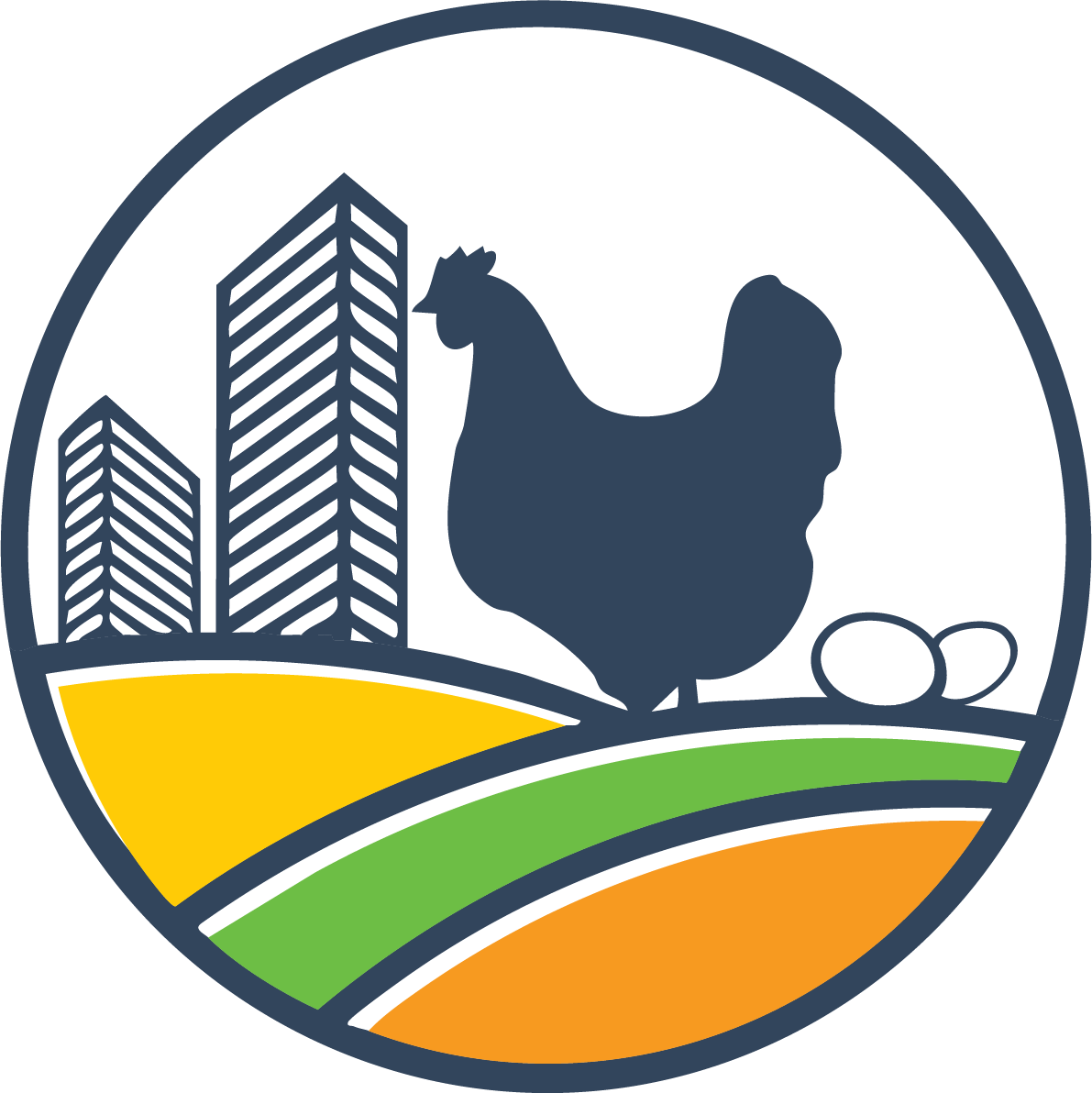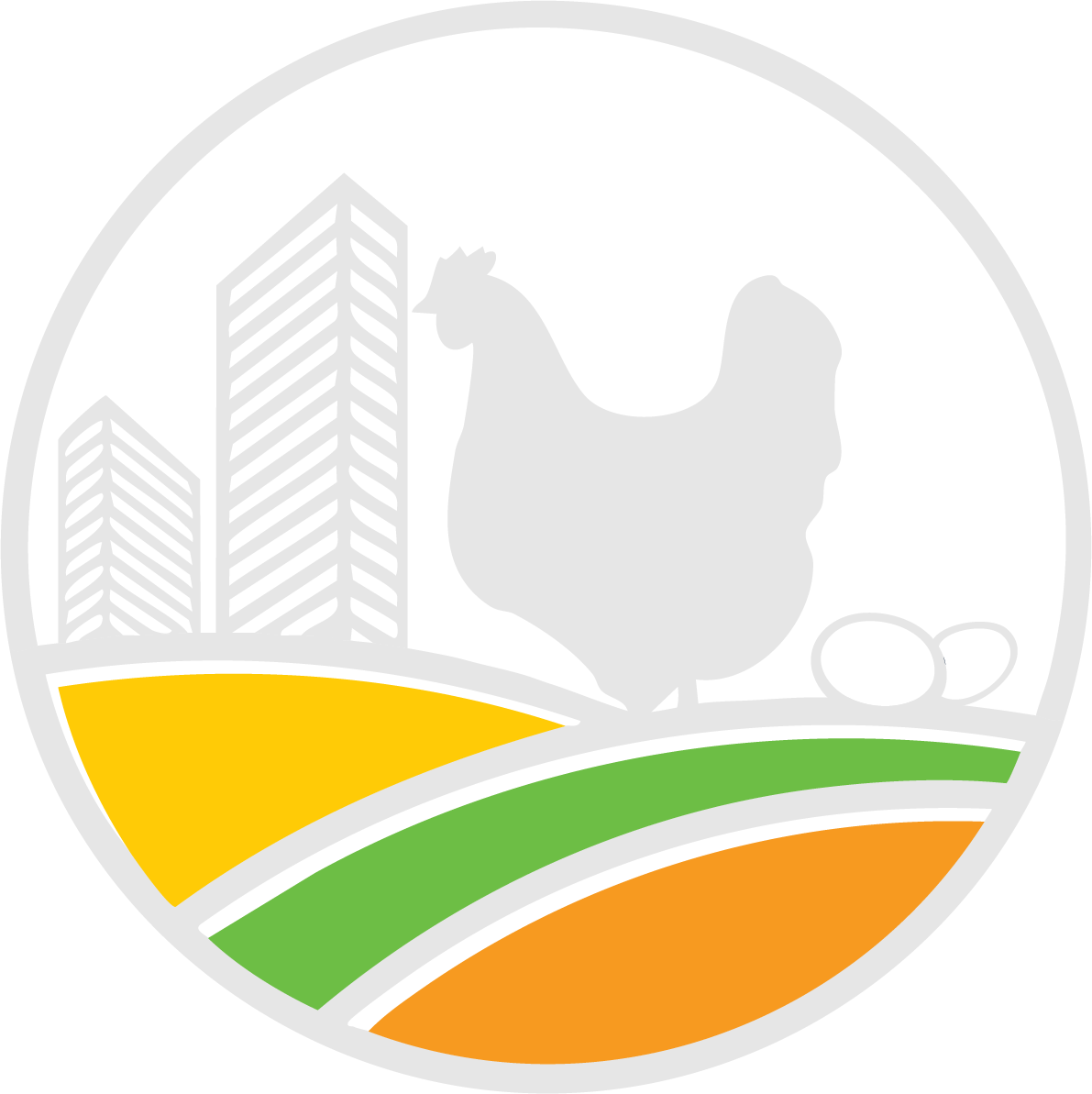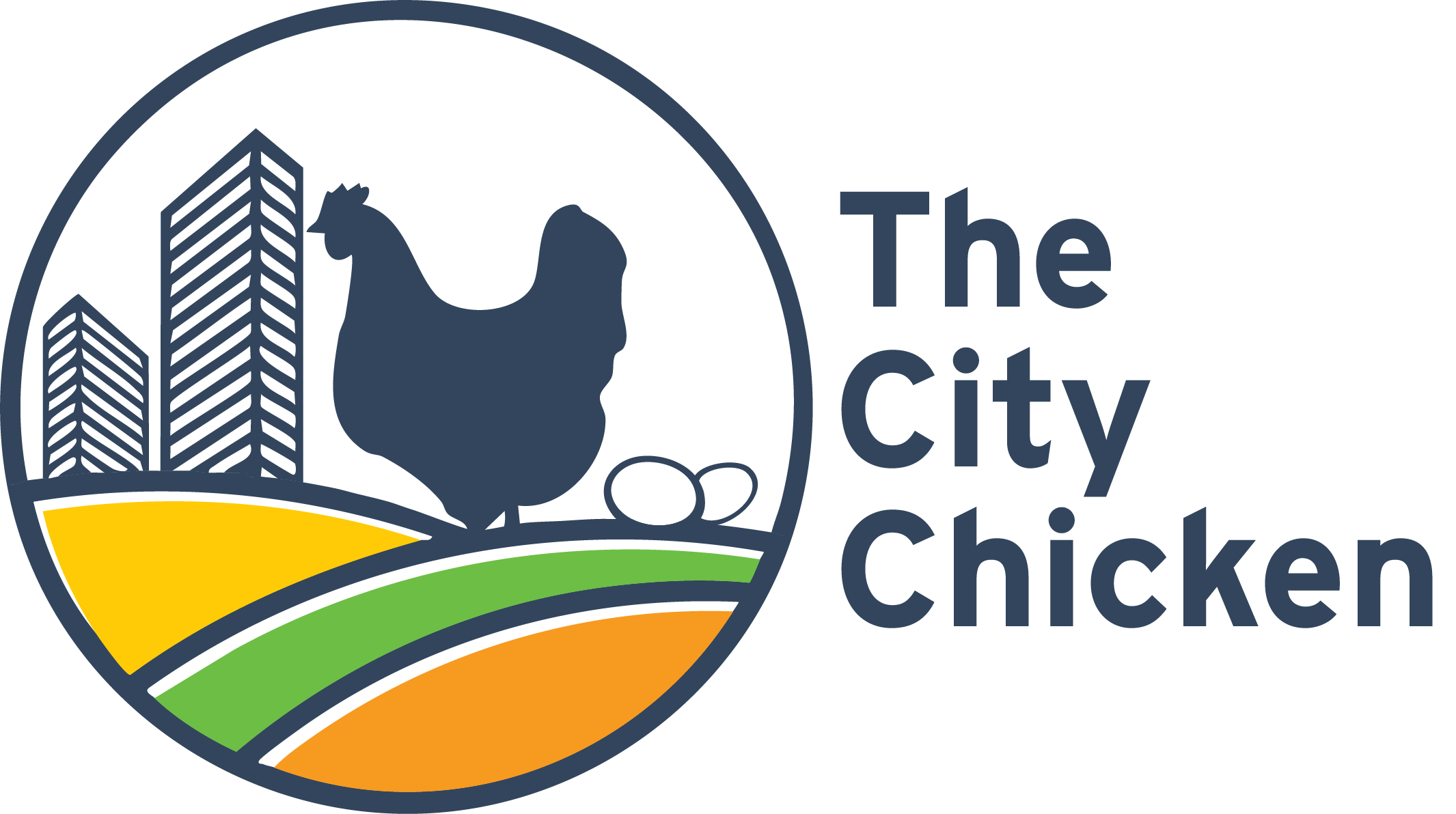Are Apples Safe for Chickens to Eat?
Curious about whether chickens can safely munch on apples and different apple-related treats?
Let’s explore the delightful world of chickens and apples together! While chickens can enjoy apples, it’s necessary to be aware of potential hazards like apple seeds, skins, and cores. We’ll explore into into what makes apples a tasty and healthy snack for our feathered friends, along with some do’s and don’ts regarding feeding them these fruity delights.
Key Takeaways
- Chickens can safely eat apples as part of their diet.
- Apples provide chickens with necessary nutrients and can be a healthy treat.
- But, it’s significant to avoid feeding chickens certain toxic foods.
- Always offer apples in moderation and make definitely they are new and free from mold.
Nutritional Benefits of Apples for Chickens
Regarding feeding chickens, apples are a popular choice because of their wide availability and natural sweetness. These fruits can be a tasty and nutritious treat for your feathered friends. It’s necessary to don’t forget while chickens can safely consume apples, they should not be given certain toxic foods. Providing a balanced diet is necessary for the health and well-being of your flock.
| Foods Safe for Chickens | Foods Toxic to Chickens |
|---|---|
| Apples, oranges, pears | Avocado, chocolate, onions |
| Apple skins, scraps, and peels | Rhubarb, tomato leaves |
So, if you’re wondering whether chickens can enjoy apples, the answer is a resounding yes! Just remember to offer them in moderation alongside a well-rounded diet to keep your flock healthy and happy.
Vitamins and Minerals
Apples are rich in necessary vitamins and minerals that can benefit chickens’ in general health and well-being. They contain vitamin C, which boosts the immune system, helping chickens fight off infections and diseases. Plus, apples are a good source of vitamin A, promoting healthy vision and supporting proper growth and development in chickens.
Also, apples provide minerals such as potassium, which is necessary for maintaining fluid balance and proper muscle function in chickens. The fiber content in apples aids in digestion and can prevent issues like constipation in our feathered friends. In general, incorporating apples into chickens’ diets can be a nutritious way to make definitely they receive necessary vitamins and minerals for optimal health.
By offering our chickens apples as a treat, we are not only providing them with a tasty snack but also a natural source of significant nutrients. Within the sphere of chicken nutrition, adding variety through fruits like apples can contribute to a well-rounded diet, keeping our feathered companions healthy and happy. So, the next time you’re wondering what to treat your chickens with, consider handing them a delicious apple slice for a increase of necessary vitamins and minerals along with their regular feed.
Fiber Content
Fiber content in apples is a necessary component for chickens’ digestive health. It aids in proper digestion and helps prevent digestive issues. Apples, being rich in fiber, promote in general gut health in chickens by regulating bowel movements and supporting a balanced digestive system.
Also, the fiber content in apples contributes to chickens’ in general well-being by keeping them full and satisfied for longer periods. This can be particularly beneficial in ensuring that chickens maintain a healthy weight and receive necessary nutrients regularly. Including apples with adequate fiber content in chickens’ diets can be a prudent choice for their digestive and in general health.
Potential Risks of Feeding Apples to Chickens
When considering the safety of feeding apples to chickens, it’s necessary to be aware of the potential risks associated with certain parts of the apple. While apples themselves can be a nutritious snack for chickens, apple seeds contain cyanide compounds that can be harmful in large quantities. Plus, apple cores and stems may pose a choking hazard because of their size and toughness.
| Foods | Risks |
|---|---|
| Apple Seeds | Cyanide Compounds |
| Apple Cores and Stems | Choking Hazard |
So, while applesauce and other apple parts are generally safe for chickens to consume in moderation, caution should be taken when offering whole apples or allowing access to apple cores and seeds. Ensuring that chickens have a balanced diet with suitable treats is necessary for their health and well-being.
Apple Seeds and Cyanide
Regarding feeding chickens, it’s important to note that apple seeds contain cyanide, which can be harmful to these birds. While the flesh of the apple is safe for chickens to eat, the seeds should be avoided because of the presence of this toxic compound. Cyanide, even in small amounts, can be dangerous for chickens and may lead to health issues if consumed regularly.
So, it’s necessary to always remove the seeds from apples before offering them to your chickens as a treat. By being mindful of this potential risk and taking the necessary precautions, such as seed removal, we can make definitely the safety and well-being of our feathered friends. To learn more about innovative chicken products like 3D-printed chicken nuggets, check out this exciting development in poultry technology.
Sugar Content
Apples are a delightful treat for chickens and can be a healthy addition to their diet. While apples contain natural sugars, the sugar content is not harmful to chickens when fed in moderation. The fiber content in apples can actually be beneficial to chickens’ digestive systems, promoting gut health and in general well-being. As with any treat, it’s significant to offer apples as part of a balanced diet to make definitely that chickens receive all the necessary nutrients for optimal health.
When feeding apples to chickens, it’s necessary to keep in mind their sugar content, but there is no need to worry about it causing harm. Chickens enjoy the taste and texture of apples, making them a popular and nutritious snack choice. As long as apples are given in appropriate amounts and alongside their regular feed, chickens can safely enjoy this fruity treat without any negative impact on their health.Read more
Best Practices for Feeding Apples to Chickens
Feeding chickens apples can be a rewarding experience, as these fruits contain necessary nutrients that can benefit your flock’s health. But, it’s necessary to follow some guidelines to make definitely the apples are safely incorporated into their diet. Avoid feeding them apple seeds and cores as these parts contain cyanide, which can be harmful to chickens. Plus, make definitely to cut the apples into bite-sized pieces to prevent any choking hazards.
Remember to offer apples in moderation as treats, not as a staple of their diet. By practicing these best practices, you can safely introduce apples into your chickens‘ feeding regimen while keeping them healthy and happy. And hey, who knows, maybe they’ll love them as much as we do!
Preparation Methods
Regarding preparing apples for chickens, it’s necessary to wash them thoroughly to remove any pesticides or residue. Slicing the apples into smaller, bite-sized pieces makes it easier for the chickens to eat and reduces the risk of choking. Plus, mixing the apple slices with their regular feed or scattering them in their foraging area can make it more interesting and engaging for the chickens to consume.
Another method is to freeze the apple slices before offering them to the chickens, especially during hot weather. This not only provides a new treat but also adds enrichment to their diet. Remember, moderation is key when feeding apples to chickens, so be mindful of the quantity to maintain a balanced diet for our feathered friends.
For more tips on chicken nutrition and care, visit our website for valuable insights and resources.
Feeding Frequency
Regarding the frequency of feeding apples to chickens, moderation is key. While apples are a safe and healthy treat for chickens, they should not make up a significant portion of their diet. We recommend offering apples to your feathered friends as an occasional snack rather than a daily staple to make definitely they maintain a balanced and nutritious diet.
Plus, it’s significant to monitor how your chickens respond to apples. Some chickens may have sensitivities or digestive issues when consuming too many apples, so it’s best to start with small amounts and gradually increase the frequency based on their reactions. By incorporating apples into their diet in moderation, you can provide your chickens with a tasty and enriching treat without compromising their in general nutritional needs.
Remember, variety is key in a chicken’s diet, so while apples can be a delightful addition, be definitely to offer a diverse range of fruits, vegetables, grains, and proteins to keep your feathered friends happy and healthy. For more insights on innovative chicken feeding practices, you can explore the exciting developments in bioprinting labs shaping the future of sustainable food sources for poultry.
Other Fruits and Foods to Avoid for Chickens
Regarding feeding chickens, it’s necessary to be mindful of what they consume. While apples are generally safe for them to eat, there are foods like apple seeds, scraps, and peels that should be avoided. Offering a variety of fruits such as oranges, pears, and bananas can provide necessary nutrients without any harmful effects.
| Fruits and Foods | Safe for Chickens |
|---|---|
| Apples, Oranges, Bananas | Safe and Nutritious |
| Apple Seeds, Scraps, Peels | Should be Avoided |
| Pears, Crab Apples | Healthy Alternatives |
By being aware of the foods that are safe and beneficial for chickens, we can make definitely that they stay healthy and happy. It’s always best to provide a balanced diet that includes a variety of fruits while avoiding any potentially harmful items like apple seeds or peels.
Toxic Foods
Regarding the foods that chickens should avoid, it’s necessary to be aware of toxic items that can harm our feathered friends. Some foods not suitable for chickens can lead to severe health issues or even be fatal to them. So, as responsible chicken owners, we must steer clear of feeding our chickens anything that falls under the category of toxic foods.
Being mindful of what we feed our chickens plays a significant role in ensuring their well-being and longevity. By educating ourselves on toxic foods and potential hazards, we can create a safe and healthy environment for our feathered companions. Our chickens rely on us to provide them with a balanced and nourishing diet, free from any harmful substances that could endanger their health.
Moderation in Variety
Moderation in variety is key regarding feeding chickens a balanced diet. Offering a diverse selection of foods in appropriate amounts ensures that chickens receive necessary nutrients without overindulging in any particular item. This approach helps maintain optimal health and well-being for our feathered friends. By incorporating a variety of fruits, vegetables, grains, and proteins in moderation, we can keep our chickens happy and healthy.
It’s necessary to introduce new foods slowly and observe how chickens respond to them. Monitoring their diet for any adverse reactions or digestive issues allows us to make well-informed choices about what to include or limit in their meals. Remember, a balanced diet leads to happy clucks and contented cluckers, ensuring our chickens thrive in their environment.









